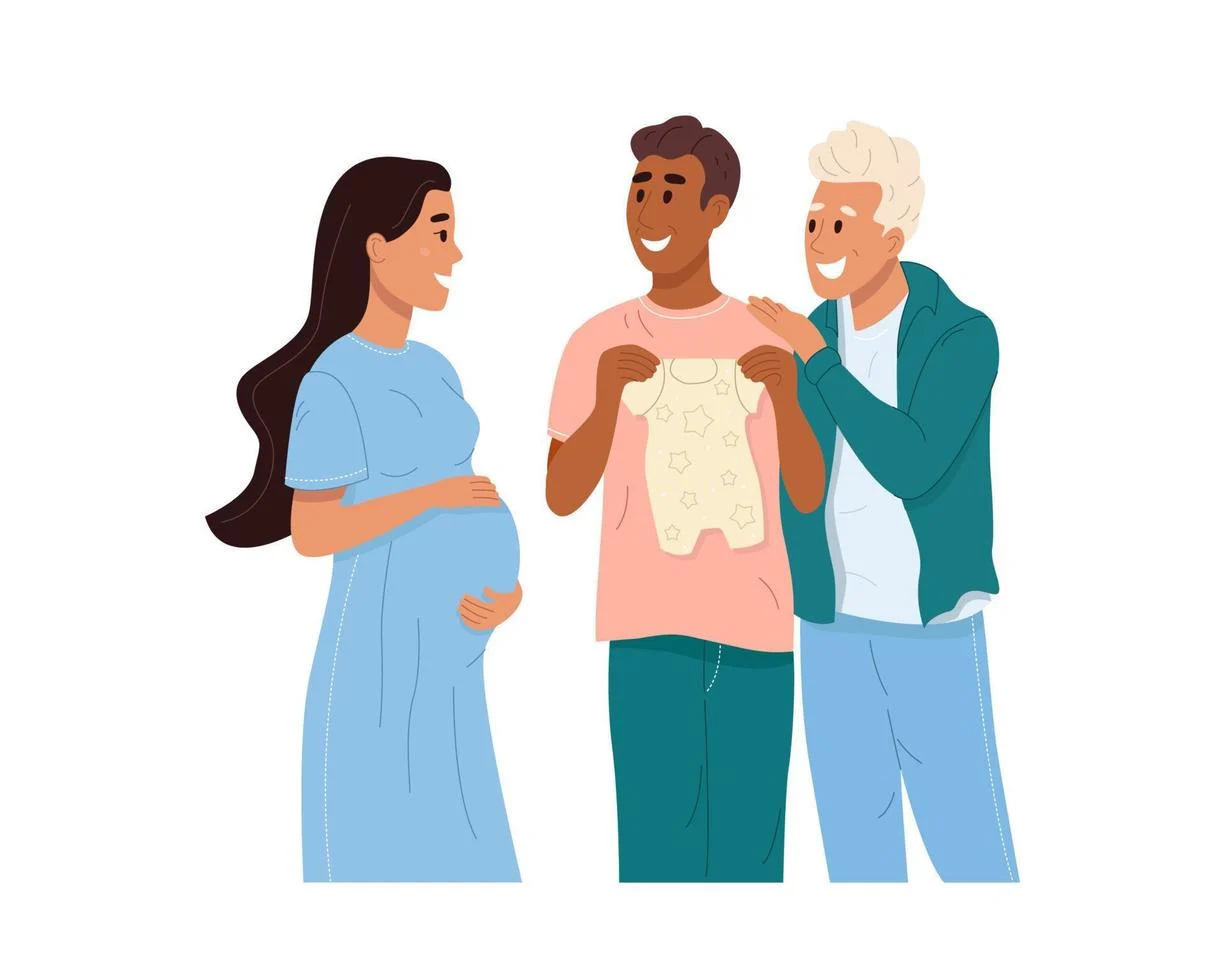Not long ago, I scrolled through my social media feed and stumbled upon a shocking image: a woman’s face partially covered in bandages, her eyes and cheeks bruised and puffy. This woman, a member of a private writing group I belong to, shared her harrowing story in that safe online space, seeking solace and understanding.
Her ex-partner, a man she had escaped from due to his abusive behavior, had broken into her home just days before and attacked her. Tragically, she is one of millions who have faced violence at the hands of someone they loved and trusted. Like so many others, she was filled with fear and confusion. Her experience was horrifying, yet all too common—a grim reality that we must confront.
While I can’t pretend to understand the feelings of those who have suffered in this way—I’ve never faced violence from a partner—I can offer my support. I can’t say “I’ve been there,” nor do I want to, but I can listen and stand beside you.
The image of that woman compelled me to delve into numerous survivor stories, revealing a pattern of pain and resilience. I learned about women hiding their injuries, justifying their partner’s harmful actions, and fearing for their lives during moments of rage. Many abusers manipulate their victims into believing they are to blame for the violence, promising it won’t happen again, only to break those promises repeatedly.
I’ve come to realize that many women find themselves ensnared in abusive relationships unknowingly. Abuse often escalates gradually, and it’s rarely as simple as saying, “If someone hits me, I’ll leave.” Smart, strong women can remain in toxic situations for years, unsure how to escape. And abuse isn’t only physical; it can cut deep with words as well.
The statistics surrounding domestic violence are alarming. One in four women in the United States will experience severe violence from an intimate partner in their lifetime. That’s a staggering number, indicating that many of us know someone who has been affected, often without realizing it. I wish I could wave a magic wand and erase these statistics, but I can’t.
What I can do is be a safe harbor for those caught in tumultuous relationships. I want to create a space where you can share your fears and experiences without judgment. If you tell me you feel unsafe, I will believe you. I’ll remind you that it’s not your fault—that his blame is nonsense, and nothing you did justifies his violence. I’ll help you find the resources you need.
I won’t question your decisions or suggest you should have acted differently. Emotional manipulation is a hallmark of abuse, and questioning you only deepens the sense of shame and isolation. I know you’ve asked yourself why he gets so angry, and I won’t add to that confusion. Love doesn’t always make sense, but I will tell you this: if someone truly loves you, they won’t hurt you.
I’ll be there for you, ready to help you navigate the difficult path to safety. If you’re in a situation where you don’t feel secure, please reach out. Talk to a friend, a stranger, or me. Don’t worry if you think someone like me won’t understand; don’t be ashamed to admit you’re in a tough spot. You’re not alone, and it’s vital to remember that.
These words are not empty platitudes. They are the truth. My writer friend shared her story anonymously, hoping it would inspire others to seek the help they deserve. If you are experiencing harm, please seek support. If one person doesn’t listen, keep looking until you find someone who will.
And if you need a confidential place to turn, consider visiting www.domesticshelters.org. You don’t have to stay in a harmful relationship—you owe nothing to someone who hurts you. There’s no judgment here, just support and understanding.
Speak up. You are not alone, and you can find your way out of this.
